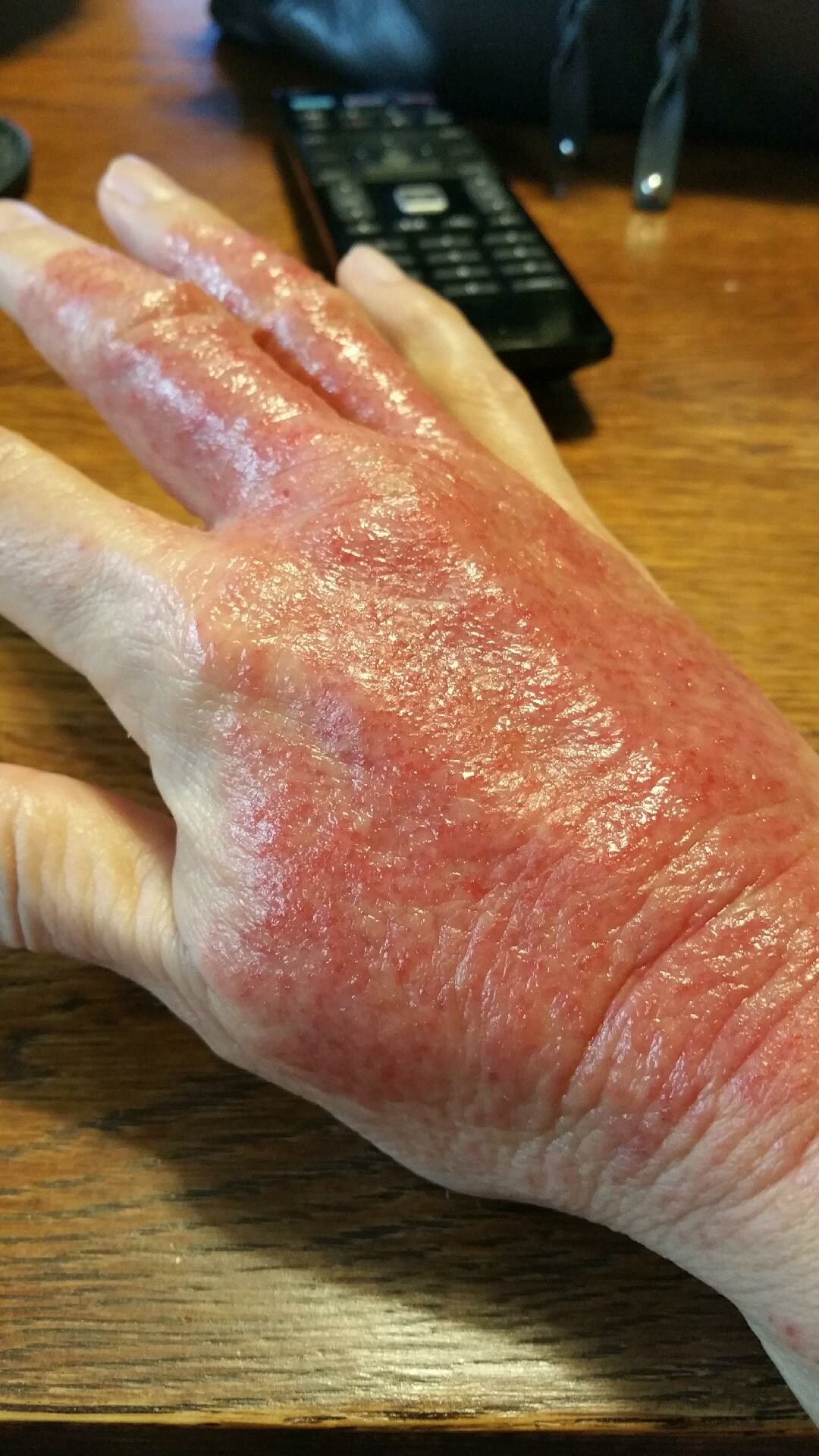
You may not realize it but "oxidation" is something that affects your everyday life. Fruits and vegetables ripen through the process of oxidation. Cut apples turn brown if not eaten immediately. This is oxidation. When bread is toasted, when meat is seared, the burning of firewood ... these are all examples of oxidation. And, let's not forget the rust spot that appears on your favorite car or truck.
Oxidation is also a natural process in the human body that happens as a result of your metabolism. When your cells utilize oxygen for energy production, they also produce free radicals as byproducts. If not counteracted by antioxidants, these free radicals can harm cells, proteins, and DNA. This is called oxidative stress.
Fortunately, your body has its own defense system of antioxidants ... such as "glutathione" ... to neutralize free radicals and minimize potential damage. Acquiring antioxidants through diet can support this defense system. However, an imbalance between free radicals and antioxidants can result in oxidative stress, which has been associated with various diseases and the aging process. One area of concern for oxidative imbalance is "cholesterol".
Cholesterol is a natural wax-like substance that your body needs to function. There are two different types of cholesterol: High-Density Lipoprotein or HDL known as the "good" cholesterol and Low-Density Lipoprotein or LDL often known as the "bad" cholesterol. This "bad" cholesterol, however, essential for other processes. In the liver, LDL is converted to bile acids and secreted into the intestines. It is used in hormone production and cell membrane synthesis. LDL also carries insoluble cholesterol through the bloodstream to tissues and nerves that need it.
Oxidation happens when LDL cholesterol comes in contact with unstable oxygen molecules called "free radicals". This damages and changes the LDL causing it to become sticky ... to buildup into plaque on artery walls. This causes white blood cells to attack the LDL which causes inflammation. If left unchecked, this can lead to:
- heart disease
- heart failure
- stroke
- Alzheimer's Disease (oxidized cholesterol can cross the blood/brain barrier)
Can you see the "domino effect"? And, this is all from "oxidation" that simple lifestyle changes can help reduce and prevent
Lifestyle Steps to Reduce Oxidation
- quitting or avoiding smoking
- controlling blood glucose
- exercising
- avoid sugary foods
- avoid trans fats
- reduce or avoid UHT or thermally processed milk, eggs and egg-derived products according to this study
- reduce and manage stress using stress-reducing techniques and essential oils
- increase your antioxidants
- increase healthy fats like nuts, avocados and seafood which raise HDL levels which is believed to have an antioxidant effect.
- fruits and vegetables are rich in antioxidants. Antioxidants reduce inflammation.
- Ningxia Wolfberry has the highest antioxidant score in the world. Here is a study on a supplement containing these berries.
- increase antioxidant vitamins like C and E
- utilize antioxidant and cholesterol-lowering essential oils like lemon
Just because a cholesterol level is high doesn't necessarily mean it is "oxidized". Before beginning a cholesterol-lowering medication, ask your doctor for a blood test to verify oxidation like the one mentioned here. Incorporating antioxidants like these in your daily routine is a good way to improve overall health and wellness. Does discovering what areas of your body need more personal attention interest you more? If so, you will find this remote bio-survey to be just what you are looking for.
References:




















0 Comments